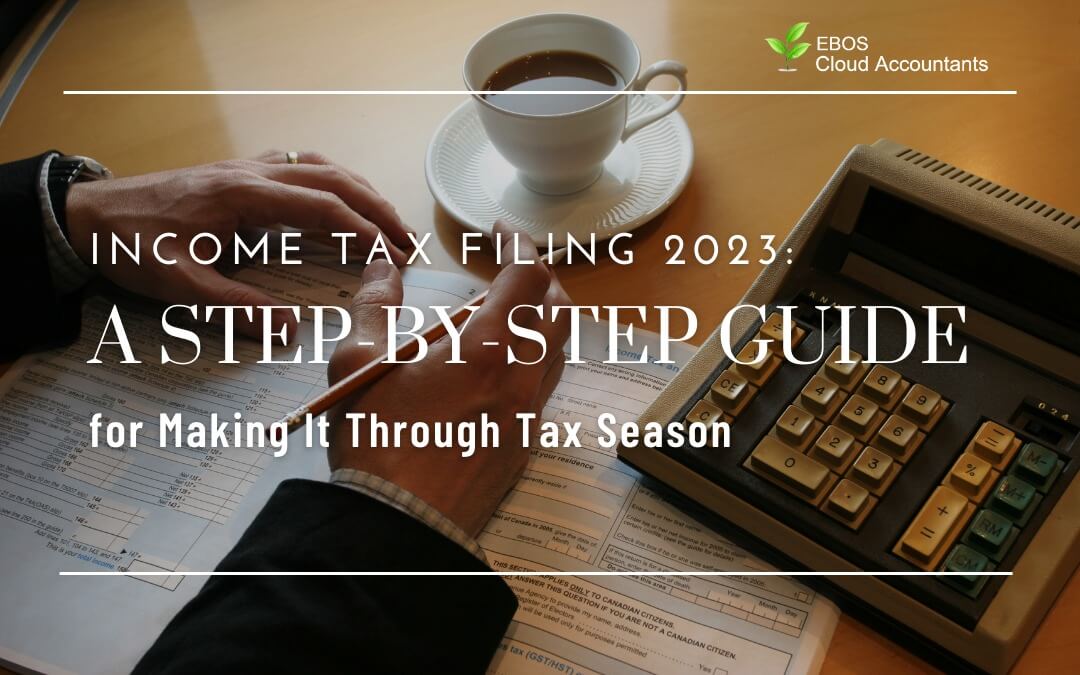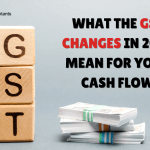Singapore has one of the lowest personal income tax rates in the world. An individual’s Singapore income tax due must be calculated by determining their tax residency and chargeable income amount and applying the progressive resident tax rate to those amounts.
Even though tax preparation might occasionally be challenging, it doesn’t have to be. In this article, we have compiled a list of frequently asked questions to make the process of filing your taxes easier each year.
Who needs to pay income tax in Singapore?
According to IRAS, “all individuals earning, deriving or receiving income in Singapore need to pay income tax every year unless specifically exempted under the Income Tax Act or by an Administrative Concession”.
As an individual, you will typically be obligated to pay tax for any given Year of Assessment (YA) in the following situations:
- Your income is derived or received in Singapore.
- Income may come from a full-time job, working alone or as a freelancer, among other things, or from investments in Singapore.
- You are employed by Singapore but are working outside of Singapore.
- You have a yearly gross income of at least $22,000; or
- Unless temporarily absent, you are a Singaporean citizen (SC) or permanent resident (SPR) who dwells in Singapore;
- You are a foreign national who resided or worked in Singapore for 183 days or longer the year before the YA (excluding service as a firm director).
Taxable or Non-taxable
Income that is subject to taxation is referred to as taxable income. The taxing process does not need consideration of non-taxable income. Examples of taxable and non-taxable income are shown below.
| Taxable Income | Non-Taxable Income |
|
|
When do I need to file for income tax?
Tax returns can be electronically filed through the IRAS website from 1st March through 18th April each year, beginning at the end of the first quarter. For instance, in 2023, you would file taxes for the income you got or generated in 2022 as the assessment is for income earned in the prior year. If you prefer paper filing, you must deliver your finished tax form to the IRAS headquarters by 15th April.
How do I file income tax in Singapore?
There are two methods for submitting taxes: electronically and on paper. Most taxpayers use online tax filing. It’s really simple to file taxes electronically:
STEP 1: Prepare the necessary resources.
Make sure you have these prepared:
- SingPass/IRAS Unique Account (IUA)
- If your employer does not participate in the Auto-Inclusion Scheme, fill out Form IR8A.
- Information about your dependents (such as children or parents) for new relief claims
- Information on your property’s rental income and any other income you may have
- Business registration number or partnership tax reference number (required only for partners and self-employed individuals)
STEP 2: Log in to myTax Portal
- Use your SingPass or IRAS Unique Account (IUA) to access the myTax Portal.
- Click “Individuals” > “File Income Tax Return” and then adhere to the guidelines.
STEP 3: Key In or Verify your details
Enter information about your income, deductions, and relief measures. If your organization participates in the Auto-Inclusion Scheme, this information will already be filled in. The information will only need to be verified.
STEP 4: Update existing tax reliefs
Please include your claims if you are eligible for any new or additional tax reliefs, such as relief for a newborn child. You must eliminate any prior claims for reliefs (like course costs) for which you are no longer eligible.
STEP 5: Declare other sources of income, if any.
If necessary, declare your other sources of income (e.g. rental income).
STEP 6: Receive acknowledgment receipt
After successfully submitting an e-form, you will get an acknowledgment page. If you can, save or print a copy.
IRAS will mail the pertinent paper tax return to people who are unable to file their taxes online between the months of February and March.
How can I pay for income tax in Singapore?
Most taxpayers use GIRO, a one-time payment, or 12-month interest-free installments to pay their taxes. You can pay with NETS at a post office or by electronic payment methods like AXS, internet banking, phone banking, mobile banking (PayLah and PayNow applications), and SAM.
What happens if I fail to pay my taxes on time?
After receiving the Notice of Assessment (NOA), you have one month to pay your taxes. A 5% late payment fee will be applied to the unpaid tax if you don’t make your payment by the deadline. If tax is not paid 60 days after the 5% penalty was assessed, you may be subject to an additional penalty of 1% per month if you continue to be in default. For each month that a payment is not made, this penalty will be assessed, with a cap of 12% of the outstanding tax.
The myTax Portal is the only place to submit requests for a waiver of the late payment penalty, and these requests are subject to approval. If the taxes are not paid, additional enforcement measures will be taken to reclaim them.
If you are unable to pay the tax in full, you may request to pay in installments, which are interest-free monthly payments made using GIRO for up to a year.
Conclusion
Filing taxes is a necessary aspect of adult life; it can be complicated, but if we are familiar with the system, it becomes simpler. In general, please keep in mind that you must pay taxes if your annual income in Singapore exceeds $22,000. Try to file your taxes as early as you can because you will receive reminders from IRAS via mail and text. By doing so, you will have plenty of time to seek assistance or correct errors and avoid any additional bother or fines







